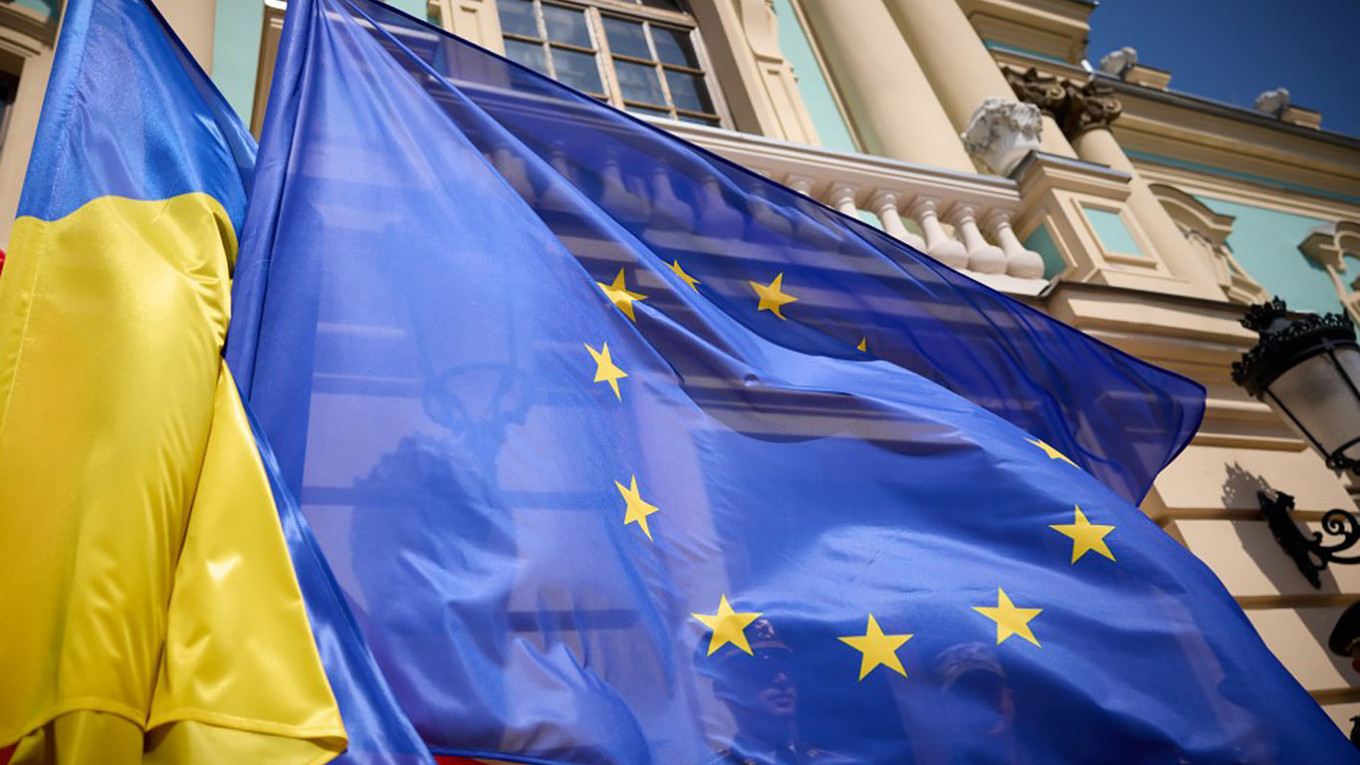On Thursday, the European Union announced its 19th set of sanctions against Russia in response to the invasion of Ukraine. The new measures are aimed at undermining Moscow’s crucial energy revenues, financial systems, and technology supply chains.
These economic sanctions also target Belarus, Chinese firms, and cryptocurrency platforms, all with the goal of further restricting Russian President Vladimir Putin’s capacity to finance the military effort and penalize his supporters.
Kaja Kallas, the EU’s foreign policy chief, stated, “It is becoming increasingly challenging for Putin to fund his war. Each euro we withhold from Russia is a euro they cannot allocate to military operations.”
The sanctions package includes a prohibition on imports of Russian liquefied natural gas starting January 1, 2027, with a six-month ban on short-term agreements, as well as enhanced restrictions on the oil corporations Rosneft and Gazprom Neft.
Additionally, the EU has barred 117 “shadow fleet” tankers from accessing its ports and services, raising the total to 557. Estimates from Brussels suggest that the number of “shadow fleet” vessels assisting Russia in bypassing Western oil price restrictions could reach as many as 1,400.
Controls have also been implemented regarding the travel of Russian diplomats suspected of espionage, requiring them to inform or seek authorization prior to traveling from one EU country to another within the visa-free Schengen zone.
In terms of cryptocurrency and financial actions, the EU has placed the developer and issuer of Russia’s sanctions-evading A7A5 stablecoin on a blacklist, targeted eight foreign banks and traders for evading sanctions, broadened transaction restrictions on five Russian banks, and prohibited engagement with Russian payment systems.
New listings also focus on arms suppliers from China, North Korea, and the UAE, alongside 45 additional entities associated with Russia’s military-industrial complex, including several from China, India, and Thailand.
Export bans have been expanded to include microelectronics, chemicals, and essential metals, along with a prohibition on acyclic hydrocarbons to disrupt income streams.
There are also restrictions on artificial intelligence, quantum computing, and space services, as well as a new requirement for EU authorization for all services provided to the Russian government.
At the same time, European leaders are exploring options to bolster Ukraine’s finances as the war extends further into its fourth year.
During a summit in Brussels on Thursday, EU leaders discussed giving initial approval for a substantial 140-billion-euro ($162 billion) loan for Ukraine, utilizing frozen assets from the Russian central bank.
While several crucial issues are still pending resolution, diplomats are optimistic that EU leaders will authorize the bloc’s executive body to prepare a formal legal framework for the loan, which would only be repaid by Kyiv once Moscow compensates for the damages incurred during the invasion.
If the summit provides an initial endorsement, it is expected that negotiations over the specifics will ensue for several months before the loan can be finalized.
Reporting by AFP contributed to this article.

